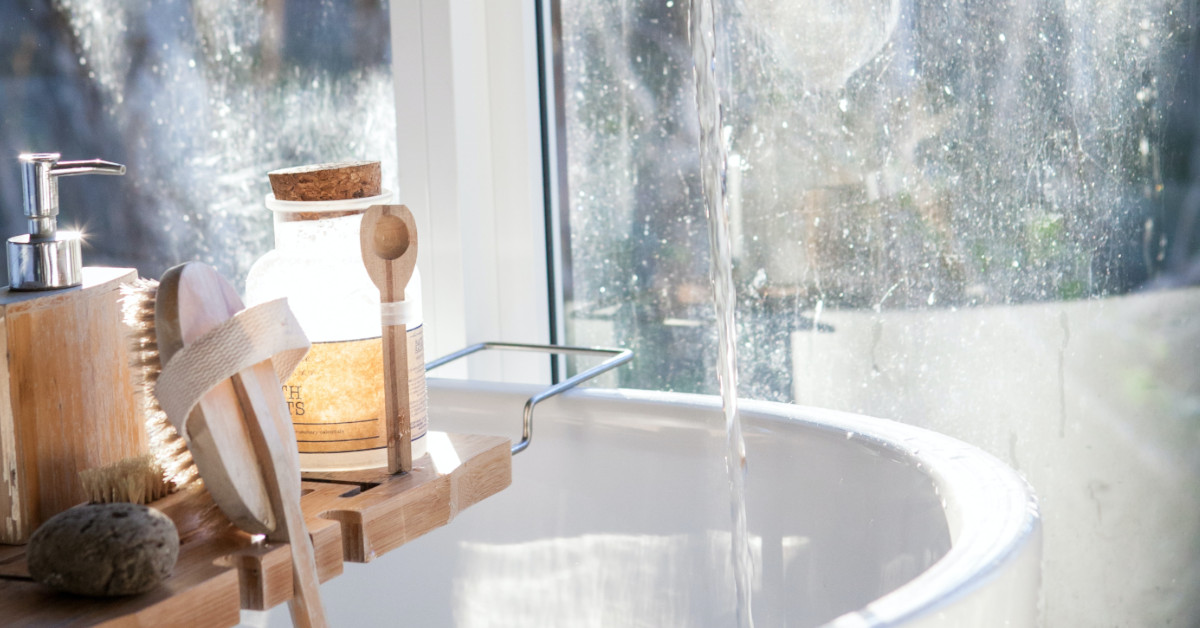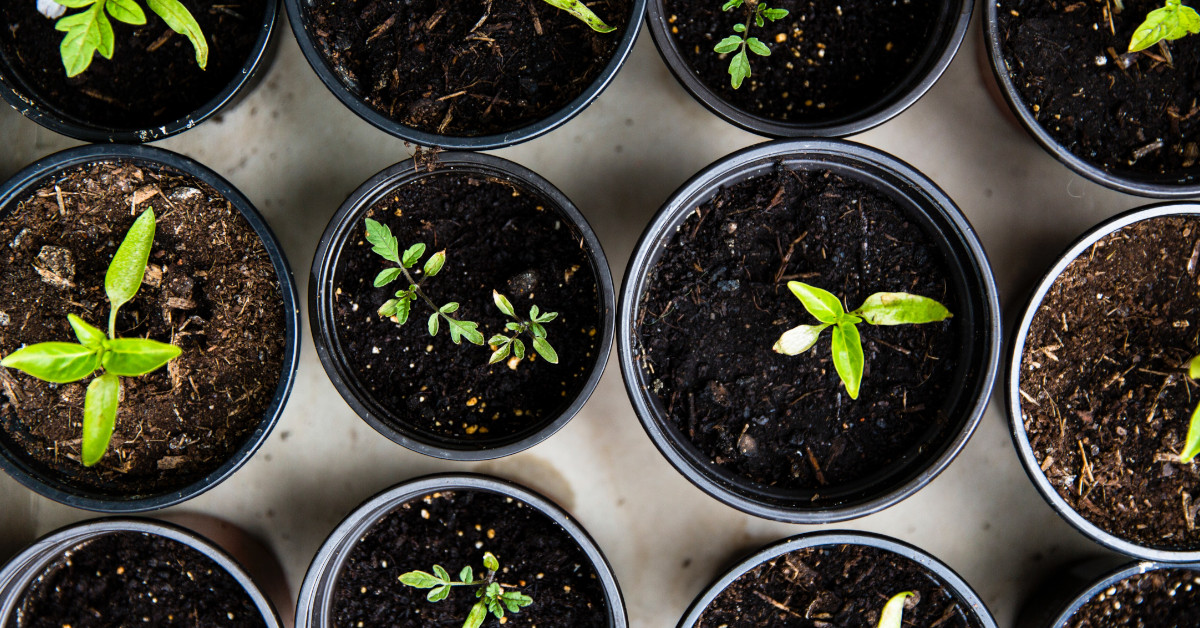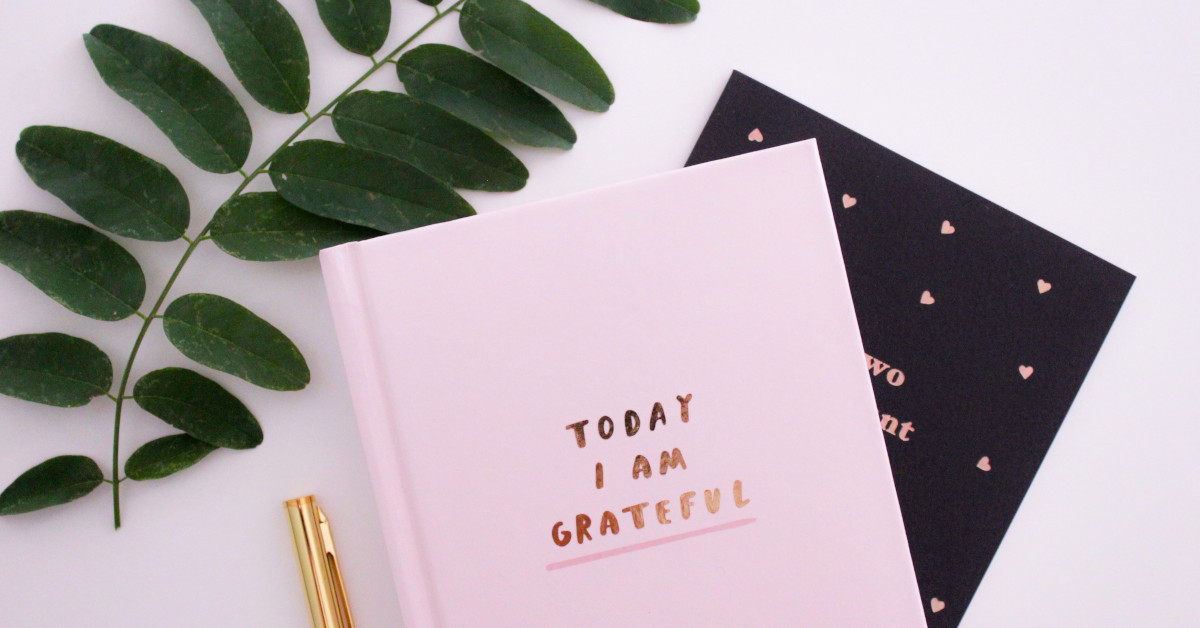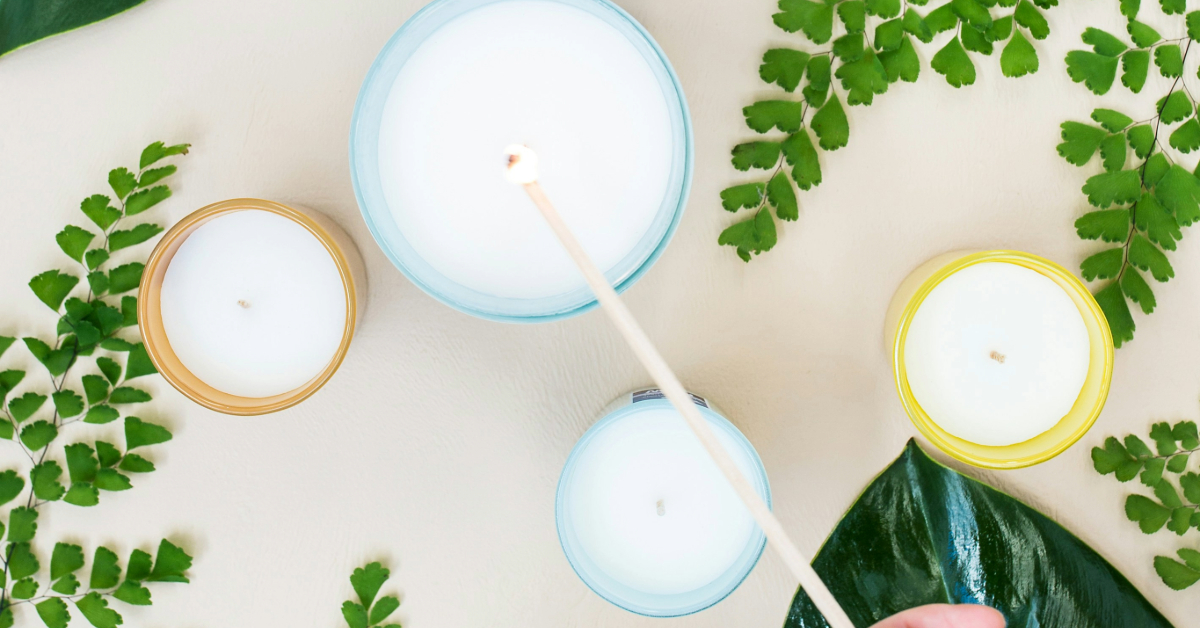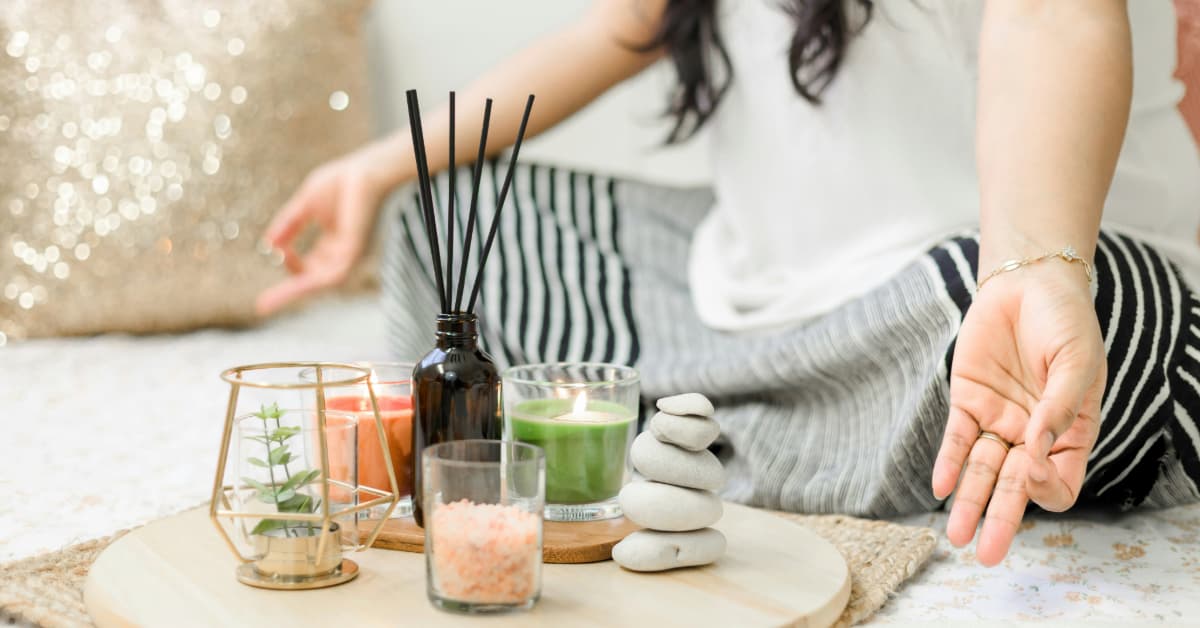Learn how gratitude can shift your mindset, boost mental wellbeing, and transform your daily life. Simple steps to practice gratitude and feel more positive every day.

I used to think “positive thinking” meant pretending everything was fine when it wasn’t. But practising gratitude taught me it’s not about ignoring the hard stuff—it’s about making space for the good.
Gratitude gently shifts your perspective. It helps you notice what’s already working in your life—even on messy, overwhelming days. A peaceful walk, a check-in from a friend, the smell of coffee—those little things really do add up.
I used to think it had to be a big practice: daily journaling, a full mindset reset. But it’s honestly much simpler than that. It’s just about slowing down enough to appreciate what’s already here.
And the more you do that, the more natural it becomes. You start to reframe your day, focus less on what’s going wrong, and feel more present and grounded in the now.
This isn’t about toxic positivity or pretending everything’s great—it’s about mindful appreciation. Some days are hard. Gratitude doesn’t erase that. But it does help you feel a little more steady, a little more hopeful, and a lot more connected to your life as it is.
In this post, I’ll walk you through how gratitude can help you build a more positive mindset—starting right where you are, with exactly what you’ve already got.
- What is Gratitude and Why Does It Matter?
- The Science-Backed Benefits of Practising Gratitude
- How to Practice Gratitude Daily
- Common Gratitude Blocks (and How to Overcome Them)
- The Ripple Effect: How Gratitude Can Create a More Positive Life
- How Gratitude Changes Your Brain Chemistry (and How Long it Takes to See Results)
- Final Thoughts
What is Gratitude and Why Does It Matter?
Gratitude is essentially all about recognising and appreciating the people, moments, and things around you that bring happiness and peace into your life.
In it’s simplest form, it’s the practice of gratitude – pausing to notice and reflect on what you’re thankful for, no matter how big or small.
What makes the meaning of gratitude so powerful is that it looks different for everyone. And that’s the beauty of it too. For some, it’s a warm cup of tea in the morning or a kind word from a friend. For others, it might be the comfort of a quiet evening at home. It’s about becoming more aware of the little things that bring you joy, and intentionally cultivating a gratitude mindset around them.
By consciously shifting your focus from what’s lacking to what’s already good, you naturally start to train your brain to be more positive.
Over time, this simple mental shift can have a huge impact on your mental health and wellbeing.
The key is mentally appreciating everything you already have, instead of dwelling on the things you don’t or the ones that bring you down.
Now I know that this can be easier said than done and it can take some practise to get used to, but I promise it’s worth your time.
The Science-Backed Benefits of Practising Gratitude
Ok, let’s talk about the actual benefits of gratitude – because while it sounds nice in theory, the real magic is in what it does to your brain and body.
And trust me, this isn’t just fluffy wellness talk. There’s real science behind why practising gratitude regularly can genuinely make you feel better.
1. Gratitude boosts your mental health and wellbeing
When I started keeping a little list of things I was grateful for each day (we’re talking super simple stuff – like clean sheets or five minutes of silence), I didn’t expect it to have such a strong effect on my mood.
But after a few weeks, I noticed I was a bit less snappy, occasionally more patient (but that’s good for me), and honestly, just more content overall.
Turns out, this is exactly what research has found: regularly practising gratitude has been shown to reduce symptoms of anxiety and depression, and it can help you feel more optimistic too. In a study from the University of California, Davis, it was found that people who wrote down things they were grateful for each week, felt better about their lives and were more hopeful about the future.
2. It actually rewires your brain for positivity
This one blew my mind a bit. Gratitude isn’t just a nice thought – it literally trains your brain to notice the good stuff more easily over time.
Practising gratitude consistently lights up areas in your brain like the prefrontal cortex, which is linked to decision-making and emotional regulation. Basically the more you focus on what’s going well, the more your brain builds that pattern as a habit.
It’s kind of like doing a workout for your mindset – and over time, that shift in focus helps build real emotional resilience.
Plus, I’ve found it’s a lot easier than an actual workout.
3. You’ll probably sleep better (and feel better physically too)
It’s crazy to think that something as simple as writing a few things you’re thankful for before bed has been shown to improve sleep quality and reduce insomnia. It’s like a mental wind-down – reminding your brain it’s safe to relax instead of spiralling over tomorrow’s to-do list.
(I’m totally a hypocrite with the to do list induced spiralling – none of us are perfect, ok?)
Gratitude has also been linked to lower blood pressure and better immune function. So if you needed a sign that appreciating your morning tea or the perfect breeze on a hot day is good for your health – this is it.
4. It strengthens your relationships
The more I’ve leaned into gratitude, the more I’ve noticed how naturally it starts to spill into my interactions with other people. Noticing kind gestures, genuinely listening to how someone’s feeling, or just acknowledging when someone makes your day a bit easier – it all creates stronger, deeper connections.
There’s actually a name for this: prosocial behaviour (which basically means doing things that help others), and gratitude helps increase it.
When you express genuine appreciation, it boosts empathy and helps you build more meaningful, lasting relationships.
Plus, it makes me way less more irritable when my partner, a friend, or even a coworker does something that just does not make sense to me or annoys me something chronic. By focusing on the things that I’m grateful for in those moments especially, helps me to let go of the insignificant irritations and frustrations a lot easier.
How to Practice Gratitude Daily
Let’s be honest – some days we barely have time to drink a hot cup of tea, never mind start a full-blown gratitude ritual.
So when people say, “just practise gratitude every day,” it can feel like another thing on the to-do list.
But here’s the thing: it doesn’t have to be complicated. A daily gratitude habit can be really simple and still have a big impact on your mental wellbeing. What matters most is making it easy and realistic for you.
Here are a few low-effort ways to weave gratitude into your everyday life:
- Gratitude journaling: Just write down 3 things you’re grateful for each morning and evening. They don’t need to be profound – “I had time to stretch” totally counts.
- Habit stacking: Attach it to something you already do – like your skincare routine, morning brew, or lunch break.
- Gratitude affirmations: Try starting your day with phrases like “I’m grateful for what I already have” or “Today I choose to notice the good.”
- Mindful moments: When you notice something pleasant (sunlight, your pet, that first sip of coffee), pause and acknowledge it. That’s gratitude in action.
What’s helped me the most is dropping the pressure to make it look perfect. Some days I write a full page; other days I just mentally note one thing that didn’t go completely horribly. And that’s still a win in my eyes.
Common Gratitude Blocks (and How to Overcome Them)
Let’s be real: sometimes gratitude feels hard. Whether you’re going through a rough patch or just feeling emotionally flat, sitting down to write what you’re thankful for might feel forced or even a bit fake.
And that’s ok.
Here are a few common gratitude mindset blocks – and how to gently work through them:
1. “I have nothing to be grateful for right now.”
When life is just kicking you down, it can feel like there’s nothing going right.
But gratitude doesn’t mean pretending everything is fine and dandy – it means finding one small thing that bring even a tiny bit of light. Start small: a comfy hoodie, a kind text, the smell of toast or coffee in the morning.
2. “It feels fake or forced.”
You’re not alone. Gratitude isn’t always natural, especially if you’re wired for overthinking or have been in survival mode.
The trick? Keep it specific and real.
“I’m grateful the rain stopped before I walked the dog” is more powerful than a vague “I’m thankful for everything”.
3. “I always forget.”
Totally fair. And you’re not alone in this.
Try making it visible – leave your journal on your nightstand, use phone reminders, or pair it with another habit. You could even set a recurring calendar alert that says “3 things you liked about today”.
4. “It feels selfish to focus on good things when others are struggling.”
This one comes up a lot. But here’s the thing – your joy doesn’t take away from anyone else’s.
Gratitude doesn’t mean ignoring the world’s problems. It means you’re nourishing your own resilience so you can show up better for others too.
The Ripple Effect: How Gratitude Can Create a More Positive Life
One of the best parts about gratitude? It doesn’t just change how you feel – it changes how you show up. And that shift spreads out into every part of your life.
When you consistently practise gratitude, you start becoming more present, more open, and a little softer with yourself and others. And that naturally leads to:
- Stronger relationships: You notice the good in people more often – and express it more freely.
- Less comparison: Instead of obsessing over what others have, you start valuing your own life more.
- Better boundaries: Gratitude gives you clarity on what truly matters – so you’re less likely to overcommit or say yes when you mean no.
- More joy in the everyday: Life starts feeling richer – not because it’s perfect, but because you’re noticing more of what’s already working.
It’s what you can call the ripple effect of gratitude. You start by appreciating one moment, and next thing you know, your whole day feels different.
How Gratitude Changes Your Brain Chemistry (and How Long it Takes to See Results)
Ok, brain science time – but I promise it’s actually interesting. And if not, feel free to skip ahead.
Gratitude doesn’t just feel nice; it literally changes your brain.
Practising gratitude activates parts of your brain associated with emotion regulation and reward, like the prefrontal cortex and ventral striatum. These areas help control stress and boost overall happiness.
Here’s what happens when you practise gratitude regularly:
- Dopamine and serotonin levels increase, which are your brain’s “feel-good” chemicals.
- You become more likely to notice positive experiences, even in difficult situations.
- Over time, your brain forms new neural pathways – making optimism your default instead of anxiety.
In terms of how long it takes to see results, studies suggest you might start feeling better in as little as two weeks. But after about four to eight weeks of consistent practice (e.g. gratitude journaling a few times a week), people report real improvements in mood, resilience, and even sleep.
So no, it’s not instant magic. But it is real, steady change – and totally worth sticking with.
Final Thoughts
Gratitude doesn’t require fancy journals, perfect routines, or some big spiritual awakening. It starts with a simple pause. A quiet “thank you” for something small and genuine.
When you start practising gratitude – especially when it’s hard – you create a kind of quiet resilience.
You start to feel more grounded, more present, and more in tune with your life as it is right now.
So whether you’re scribbling a list on a napkin, whispering thanks during a walk, or mentally checking in with the good stuff before bed – know that it all counts.
Gratitude is one of the simplest ways to feel better. It’s not about changing your life overnight.
It’s about changing how you see it.

